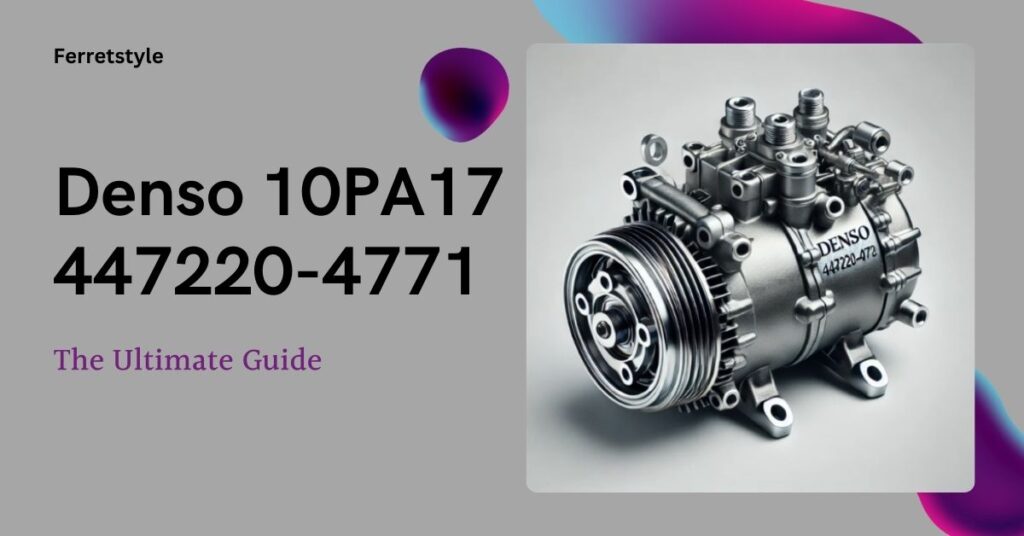The Wowza Gradle Plugin is a powerful tool for developers working with the Wowza Streaming Engine, enabling them to build, manage, and deploy streaming applications with ease. This plugin integrates with the Gradle build automation system, streamlining the process of creating custom modules and applications for Wowza’s streaming platform. This article explores the Wowza Gradle Plugin in depth, covering its features, setup, and common use cases.
What Is the Wowza Gradle Plugin?
The Wowza Gradle Plugin is a specialized tool that integrates with Gradle, a popular build automation system, to help developers work with the Wowza Streaming Engine. Wowza Streaming Engine is a robust software platform that supports live and on-demand streaming, making it a favorite among media professionals. By using the Gradle Plugin, developers can automate the process of building, testing, and deploying custom modules, which extends the functionality of Wowza’s core streaming capabilities.
Why Use the Wowza Gradle Plugin?
The Wowza Gradle Plugin is designed to simplify the development lifecycle for streaming projects. Here are some key benefits of using this plugin:
- Streamlined Automation: The plugin automates complex tasks, such as compiling and packaging custom modules, which significantly reduces the manual effort required.
- Consistency in Builds: Using the plugin ensures that builds are consistent across different environments (e.g., development, staging, production), minimizing the chances of configuration errors.
- Efficient Deployment: It allows developers to deploy their custom modules directly to the Wowza Streaming Engine, making the process of testing and updating faster and more efficient.
Also Read: Understanding BKMGc3 System 1: An In-depth Overview
Core Features of the Wowza Gradle Plugin
The Wowza Gradle Plugin provides several features that make it a valuable tool for developers working on Wowza projects:
- Automated Builds: Automates the building of custom modules by handling the compilation of Java code, packaging, and setting up deployment-ready JAR files.
- Easy Configuration: Developers can configure their project settings directly in the
build.gradlefile, allowing for clear and maintainable build scripts. - Integration with CI/CD Pipelines: It can be easily integrated into Continuous Integration (CI) and Continuous Deployment (CD) pipelines, facilitating automated builds whenever code changes are pushed to a repository.
- Customizable Tasks: The plugin supports various Gradle tasks like
build,clean, anddeploy, which can be customized to fit the specific needs of a Wowza project.
Setting Up the Wowza Gradle Plugin
To use the Wowza Gradle Plugin, you’ll need to include it in your project’s build.gradle file. Here’s a step-by-step guide to getting started:
Step 1: Add the Plugin to Your Build File
In your build.gradle file, add the plugin’s ID and version:

This line tells Gradle to apply the Wowza Gradle Plugin to your project.
Step 2: Configure Wowza Connection Settings
You need to configure the connection settings for the Wowza Streaming Engine:

This setup allows Gradle to communicate with your Wowza Streaming Engine, enabling automated deployment of modules. Replace serverHost, serverPort, username, password, and appName with the actual values for your Wowza server.
Step 3: Define Build and Deployment Tasks
The Wowza Gradle Plugin supports standard Gradle tasks like build, clean, and deploy. Here’s an example of a custom build task:

This task compiles your Java code and packages it into a JAR file named customWowzaModule.
Step 4: Deploy the Module
You can deploy your module using a custom Gradle task:

Run this task with gradle deployModule to deploy your custom module directly to the Wowza Streaming Engine.
Common Use Cases for the Wowza Gradle Plugin
The Wowza Gradle Plugin is especially useful in scenarios where developers need to build and manage custom functionalities for Wowza Streaming Engine. Here are some common use cases:
- Developing Custom Modules: Many developers use this plugin to build custom modules in Java that enhance Wowza’s core capabilities, such as implementing custom authentication methods or integrating third-party APIs.
- Automating Builds in CI/CD Pipelines: For teams practicing DevOps, the Wowza Gradle Plugin is an excellent choice for automating builds as part of a CI/CD pipeline. This helps ensure that any changes to the code are automatically built and deployed to a testing environment.
- Managing Multiple Streaming Projects: Developers managing multiple Wowza projects can use the plugin to keep each project’s configuration organized within separate Gradle build files, making it easier to manage and maintain these projects over time.
Best Practices for Using the Wowza Gradle Plugin
- Use Version Control: Always integrate your Gradle project with a version control system like Git. This allows you to keep track of changes and roll back to previous versions if needed.
- Leverage Gradle’s Dependency Management: Use Gradle’s powerful dependency management features to include external libraries and ensure that your custom modules have access to the required resources.
- Optimize Build Performance: Gradle has options to optimize build performance, such as enabling build caching and using parallel builds. These features can help speed up the development process.
- Test Locally Before Deployment: Always test your custom modules locally before deploying them to a live Wowza server. This helps prevent issues in the production environment.
Also Read: What is DeviceURL for VEX Brain Node.js?
Challenges and Limitations
While the Wowza Gradle Plugin offers many advantages, there are some challenges to keep in mind:
- Learning Curve: Developers unfamiliar with Gradle may need time to learn the tool’s syntax and how to configure it effectively for Wowza projects.
- Compatibility Issues: It’s important to ensure that the plugin version matches your Wowza Streaming Engine version, as mismatched versions can lead to compatibility issues.
- Security Considerations: When setting up the plugin, ensure that sensitive information like usernames and passwords are managed securely to avoid exposing credentials.
Conclusion
The Wowza Gradle Plugin is a powerful tool for developers looking to automate and streamline their Wowza Streaming Engine projects. By simplifying the build and deployment processes, this plugin enables developers to focus on creating custom functionality without being bogged down by manual tasks. Whether you’re building complex streaming applications or integrating third-party services, the Wowza Gradle Plugin can help you achieve your goals more efficiently.
By understanding the setup process, key features, and best practices, you can unlock the full potential of the Wowza Gradle Plugin and deliver high-quality streaming solutions faster. Whether you are a seasoned Wowza developer or new to the world of streaming, this plugin is a valuable addition to your development toolkit.



